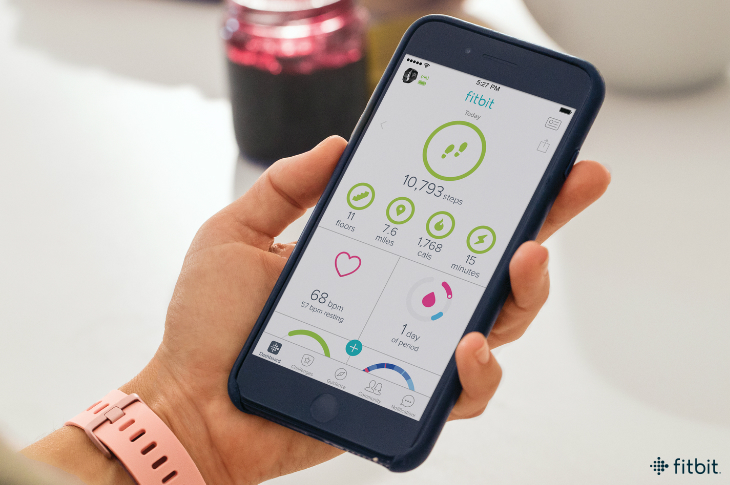
The number of users of fitness trackers is increasing because of their convenience, but on the other hand, many people question whether the workout records stored by fitness trackers are accurate. How accurate is the fitness tracker on the market?
The fitness tracker has the ability to store walking records. But it doesn’t actually measure steps. Many devices have an accelerometer built in, and it is a structure that converts user movements detected by the accelerometer into walking using a pre-trained algorithm. Therefore, users can increase walking accuracy by adding information such as height, weight, and age.
However, a research team at the University of British Columbia, who studied the accuracy of the fitness tracker Fitbit, points out that the product’s algorithm is based on male college students. Therefore, if it is such a standard and intentional walking, it is measured accurately, but if it deviates from the standard, such as walking with a small stride in the kitchen or walking in a stroller, the reliability is considerably lowered.
The experiment conducted by the research team was underestimated at about 50% of the time in the laboratory, so walking was only a third to a half of the actual movement time when jogging or walking. On the other hand, when experimenting outside the laboratory, the Fitbit was found to overestimate 35% compared to other pedometers and accelerometers.

Also, the reliability of walking for the elderly and children is lowered. In a 2019 survey, it was found that a sensor was not triggered and accurate gait was not recorded as a result of an elderly person running a treadmill with a tracker. The same results were found in people with a change in gait due to a stroke or with Parkinson’s disease. It is pointed out that Fitbit underestimates walking in the elderly by 25% more than other devices.
Next is heart rate accuracy. Most fitness trackers use PPG, photometer technology to measure heart rate. This is to measure the blood volume from the amount of LED light absorbed by the blood by irradiating the green LED light onto the wrist and to guess the heart. However, in past studies, it has been shown that green LED light may be absorbed by melanin in the skin. In other words, there is a possibility that accurate measurement may not be possible depending on the color of the skin.
In response, Fitbit explains that it designed an optical system that emits green light with sufficient intensity even in dark skin tones to provide consistent performance suitable for all skin tone users, and that detection also provides sufficient sensitivity to detect heart signals. However, in the Fitbit community, users with actually brown skin may complain that they cannot properly read their heart rate if they wear the Fitbit over their wrist.
Next is calorie accuracy. Most fitness trackers display calories burned by exercise in movement, heart rate, and information such as height, age, weight, and sex. But the caloni the fitness tracker tells you is one of the most unreliable.
According to a study conducted by the Karolinska Institutet in Sweden, a survey of the calorie accuracy indicated by a fitness tracker found that no device with an error rate of less than 20% in calorie counting exists. The biggest cause of calorie consumption not showing up properly is the algorithm. Since most of the data, which is the source of algorithm training, targets white males in their 30s, there is a problem that the accuracy decreases the further the user is from the standard data. In order to provide more accurate information, it is necessary to train the algorithm based on research data that has been investigated for various ages, bodies, and exercise levels.
A fitness tracker is convenient, but you shouldn’t rely on it to count accurate calories. One researcher explains that it is important to consider and recognize that all technologies are faulty. Related information can be found here .


















Add comment